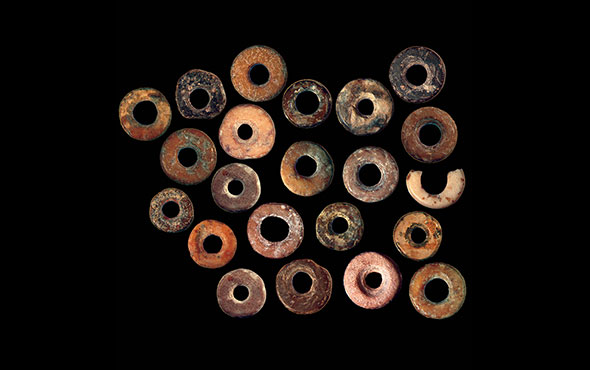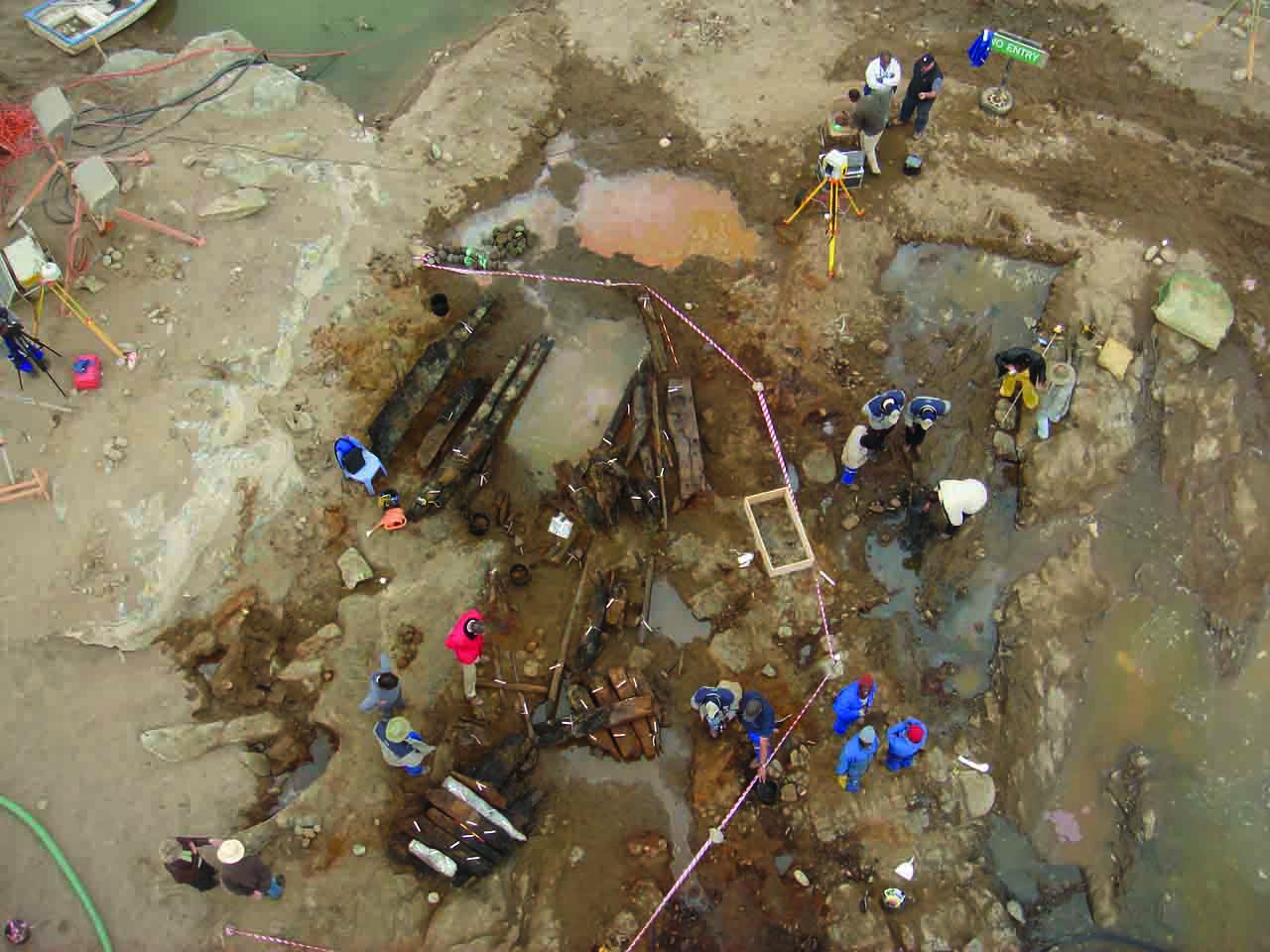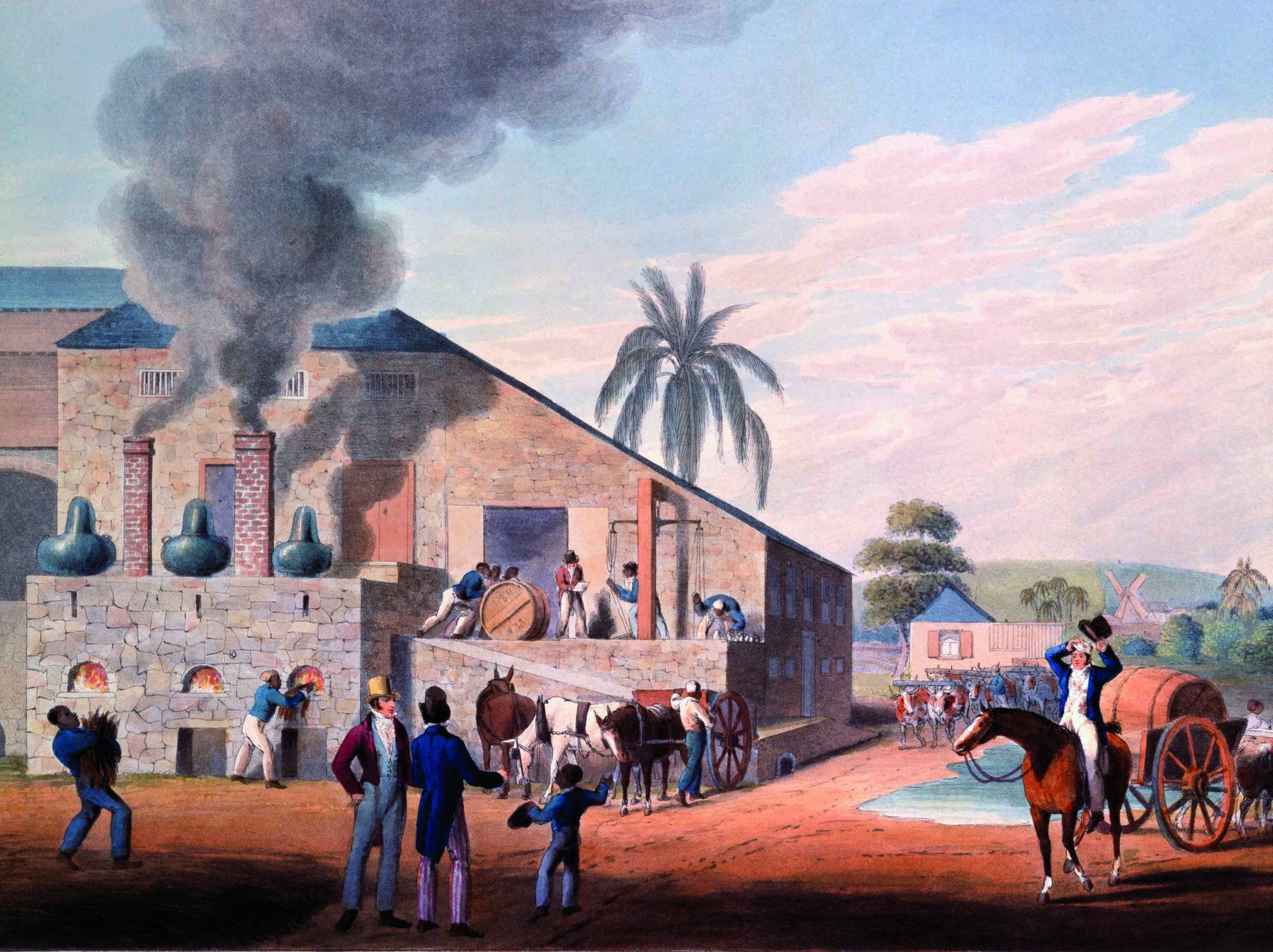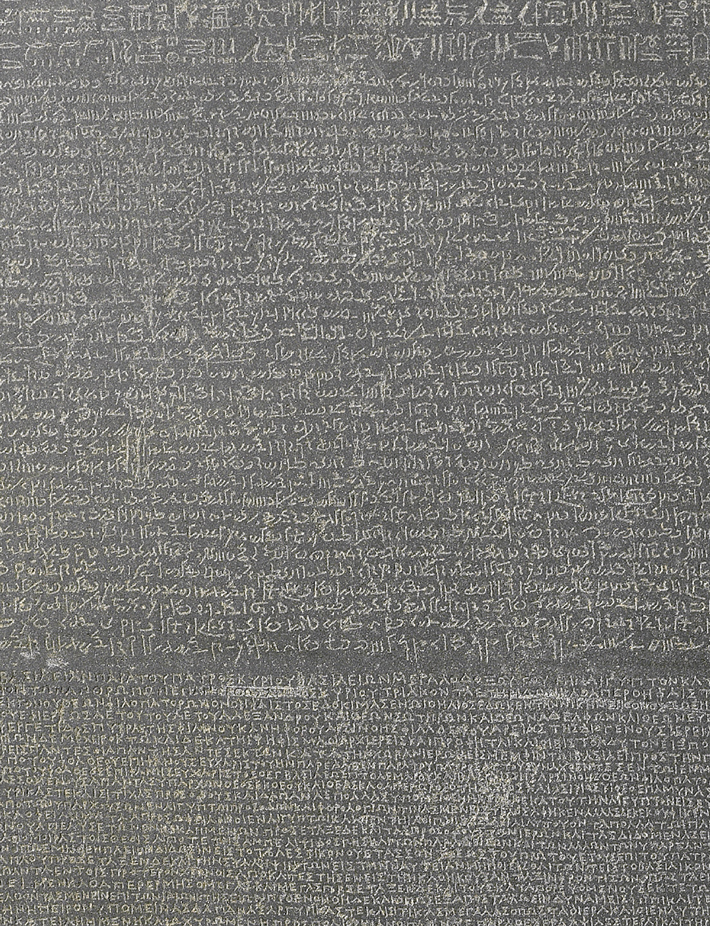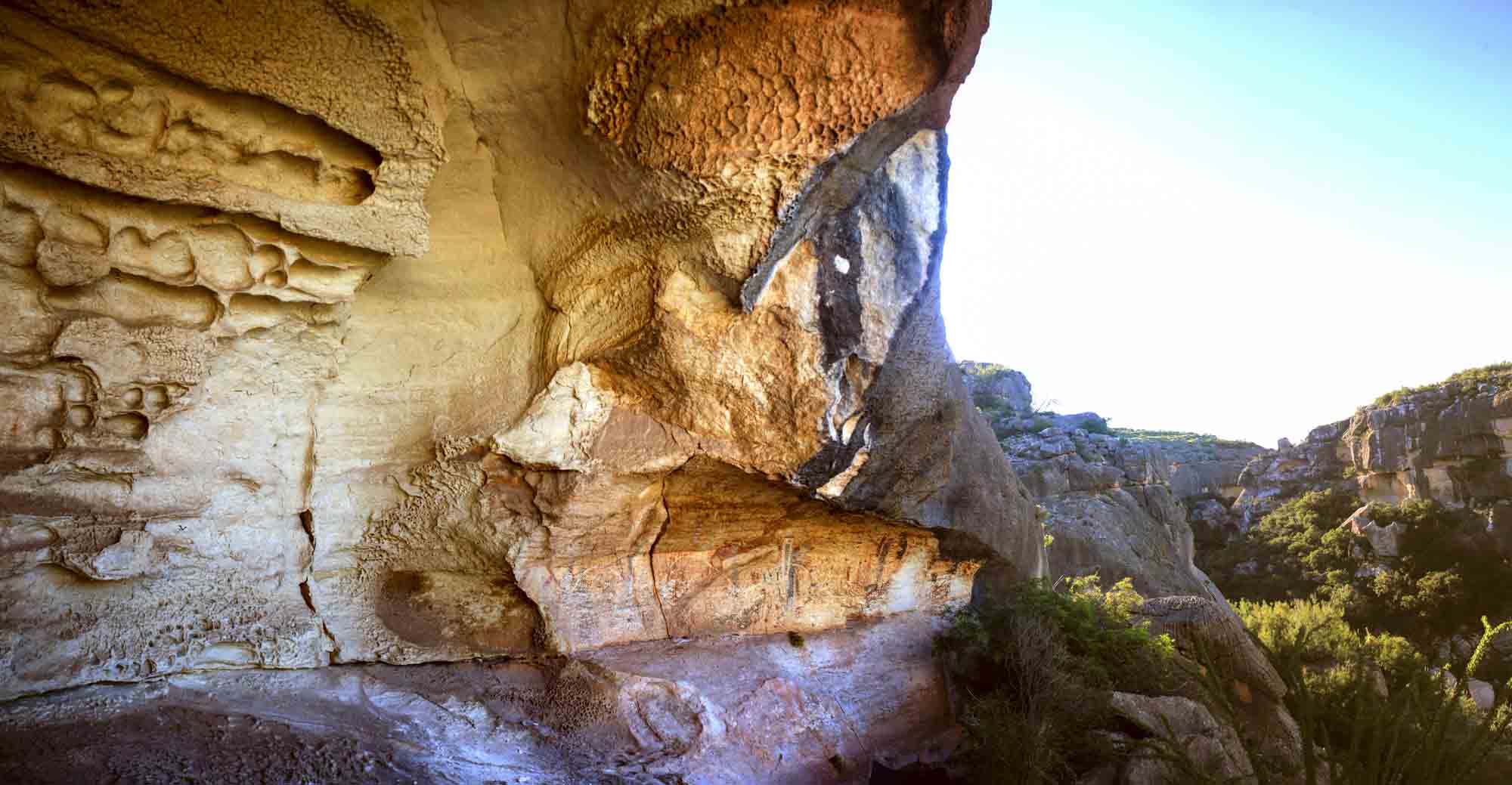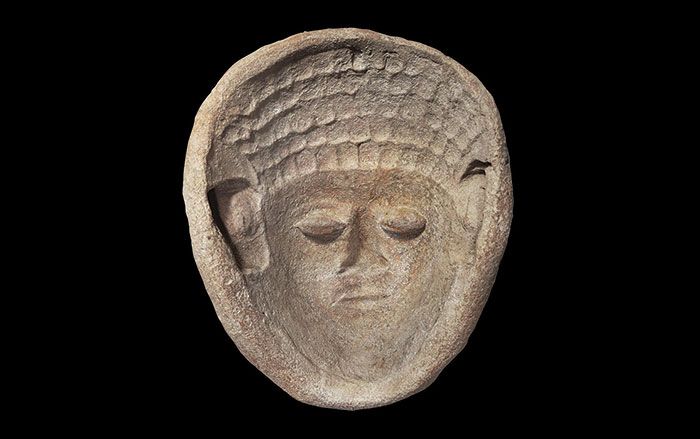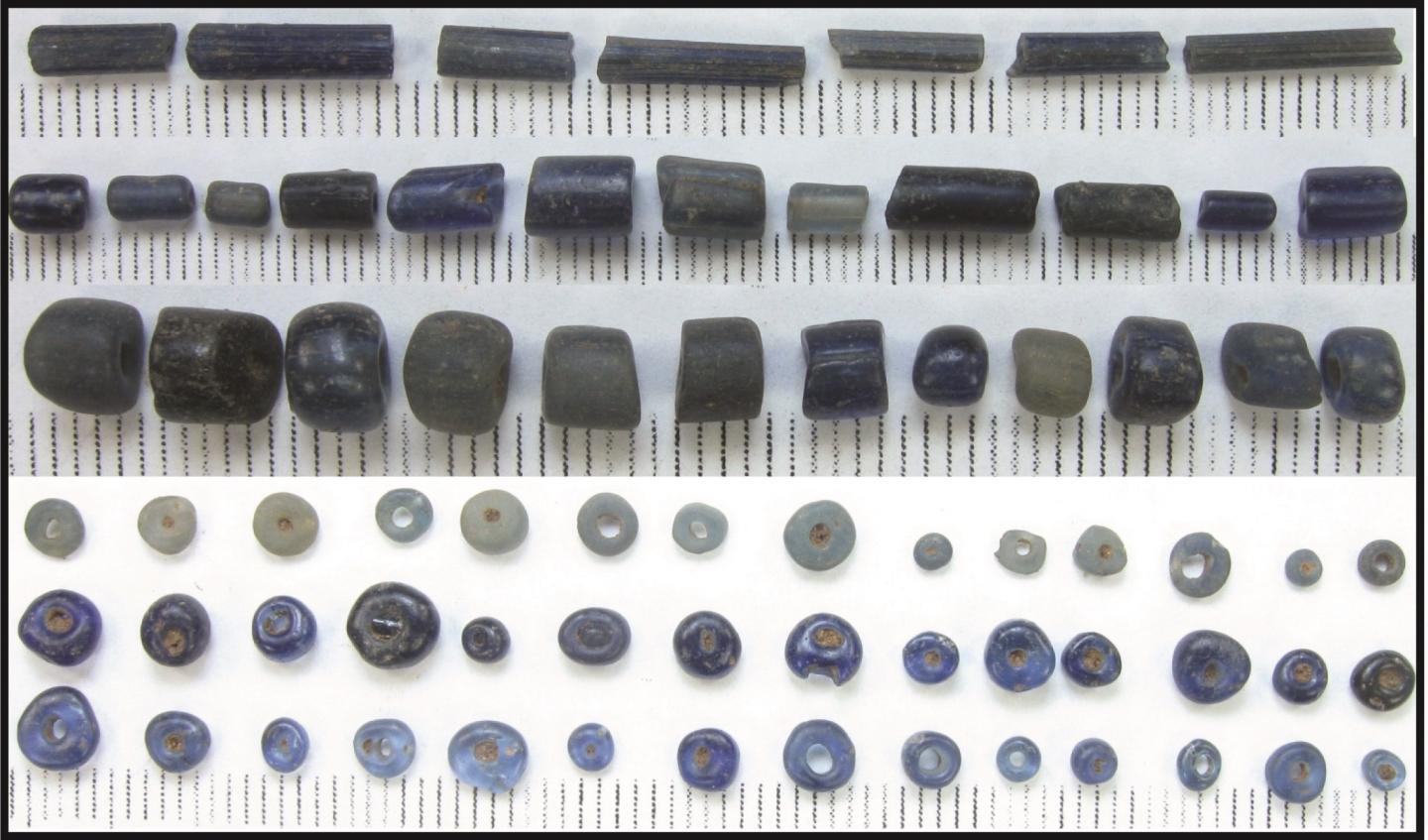
HOUSTON, TEXAS—According to a report in The Independent, chemical analysis of 52 glass beads unearthed in Nigeria suggests the glass was produced locally. Abidemi Babatunde Babalola of Harvard University said it had been previously believed that glass imported from the Mediterranean and the Middle East was melted and reworked in glass workshops at the site of Igbo Olokun, which is located within Ile-Ife, the ancestral home of the Yoruba people of West Africa. But Babalola and his team said the composition of the glass is unique and reflects the local raw materials: some of the glass beads had high levels of lime and alumina, while a second group had low levels of lime and high levels of alumina. Babalola added that the glass was dated to between A.D. 1100 and 1500, before Europeans established trade networks in West Africa. For more about the glass workshops of Igbo Olokun and this project, go to “The Glass Economy.”


